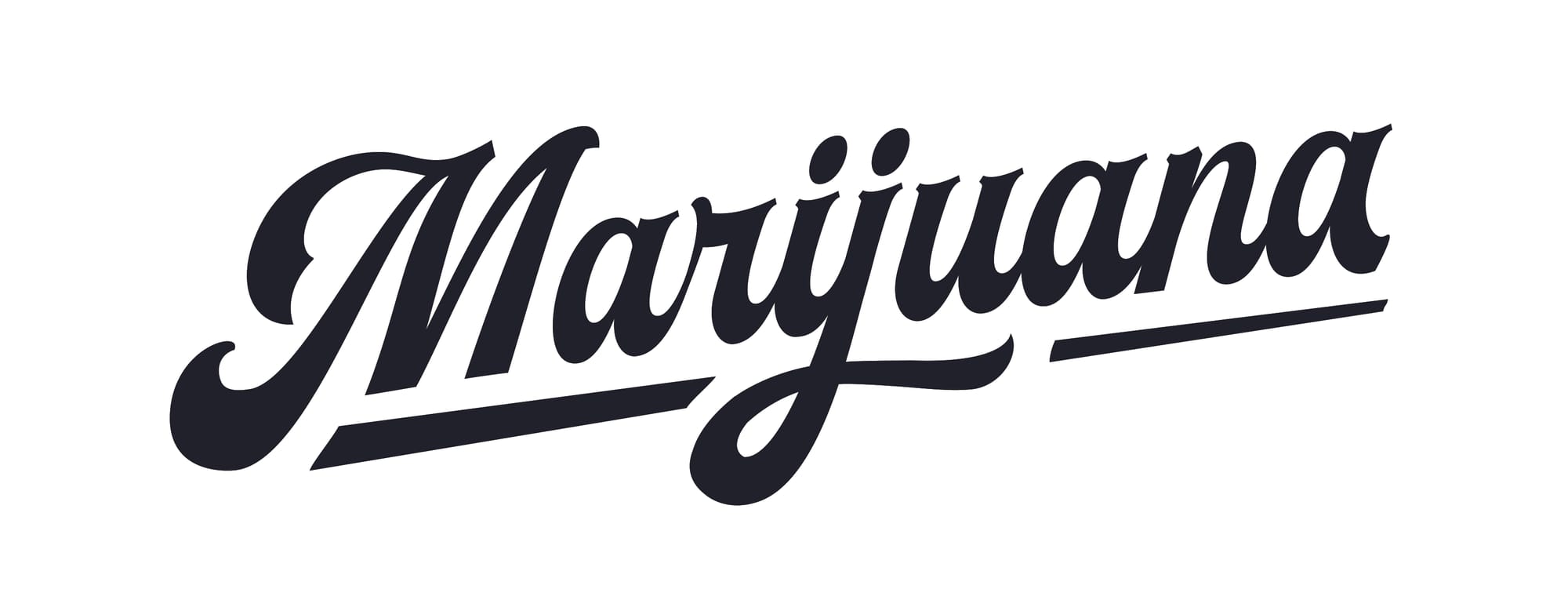A Guide for Medicinal Cannabis Users on Completing the TGA Unapproved Product Survey
The Reviewing the Safety and Regulatory Oversight of Unapproved Medicinal Cannabis Products consultation commenced on 11 August 2025 and will close on 7 October.

The Therapeutic Goods Authority (TGA) is conducting a public consultation, as part of its review of the regulations governing unapproved medicinal cannabis products, amidst “increasing public and professional concern about the safety risks associated” with them, especially in terms of high strength products, as 99 percent of all cannabis medicine used locally remains TGA unapproved.
The Reviewing the Safety and Regulatory Oversight of Unapproved Medicinal Cannabis Products consultation commenced on 11 August 2025 and will close on 7 October.
Marijuana has produced this guide for patients on how to complete the consolation survey in order to ensure that those using medicinal cannabis products have some say in any regulatory reforms that the TGA insists are necessary to ensure that oversight and market controls are providing quality of assurance and safety.
Ensuring patients’ lived experiences are before the medicines regulator is advisable, as since the medicine became legal in October 2016, users have borne the brunt of an industry long weighed down by red tape and scant product and have further had to source medicines from overseas, which is now being threatened, due to an apparent scare campaign to reel in the medicine’s availability.
This publication is concerned that patients’ voices may go unheard during this process, as while not only is the consultation brief daunting, but industry voices will be trumpeted to the TGA, as the Australian Medicinal Cannabis Association (AMCA) and the Medicinal Cannabis Industry Australia (MCIA) have raised over $100,000 to fund their submissions to the review of industry regulations.
Indeed, Legalise Cannabis Australia president Michael Balderstone told the Telegraph as the TGA consultation got underway, that there’s a “big propaganda campaign against cannabis”, which appears to comprise of the local industry causing issue with lost profit to unapproved products while underproducing. Balderstone emphasised that patients should share their experiences with the TGA.
Scrutinising available product
The Turnbull government passed legislation in February 2016 that established a lawful medicinal cannabis supply chain from cultivation to manufacture and distribution. However, following its establishment in October that same year, the industry proved to be slow moving and overly restrictive, which led to a reliance on the ability to access unapproved foreign products.
The TGA had the preexisting Special Access Scheme (SAS) that permits patients to access unapproved therapeutic goods from overseas, which have not been approved locally by the authority and are not listed on the Australian Register of Therapeutic Goods (ARTG). The TGA Authorised Prescriber Scheme (AP) also permits medical practitioners to prescribe unapproved medicines.
The ABC recently reported that the TGA has received 615 reports noting “adverse events” in respect of unapproved cannabis products over the three years to June 2025. The report from the national broadcaster, however, does have a subtle “reefer madness” tone about it, which suggests that patients ought to be wary of the heightened scrutiny being given to currently available product.
The TGA consultation paper relating to its review of regulations around unapproved products outlines that almost all cannabis medicine sold in Australia is accessed via the SAS and AP schemes and are, therefore, unapproved, which too suggests that almost a decade into the life of the local industry, demand on the ground far outstrips the rate of local production of cannabis medicines.
“Over 99 percent of medicinal cannabis products being prescribed to patients in Australia are unapproved and have, therefore, not undergone any premarket assessment by the TGA to establish their quality, safety, efficacy or performance,”
the TGA paper reads.
“Based on sponsor reporting to the TGA, there are over 1,000 unapproved medicinal cannabis products supplied in Australia.”
The key issue underlying the review of unapproved product use, according to the TGA, is that the SAS and AP were established decades ago to oversee imported unapproved therapeutic goods on a case-by-case basis, but it is now being used to readily supply large volumes of unapproved cannabis medicine via a growing numbers “‘product-specific’ telehealth services”.
Consultation concerns
The TGA consultation paper sets out that patients and prescribers can often assume that products accessed via the SAS or AP have been evaluated and approved, whereas there has been no assessment made of their “safety, quality, efficacy or performance”. However, “unapproved goods must meet applicable TGA product standards”.
Unapproved products have to meet the standards set out in the 2017 Order TGO 93. The TGA tests the products to ensure they do. The local industry has raised concerns about it having to meet standards that overseas products don’t have to. But this issue was resolved in 2023 with all products now adhering to Good Manufacturing Practice (GMP). Although the misconception continues.
The paper lists health and psychological concerns raised in regard to medicinal cannabis use, including problematic use. The TGA does not support smoking as a route of administration. And it suggests there are safety risks around unapproved products because they haven’t been scrutinised thoroughly enough by the TGA, despite GMP adherence.
Dosage is an issue that is also being raised, especially in relation to variations within different products. The TGA raised vaping and highlights the problems associated with the practice that is less hazardous than smoking, and it suggests that correct dosage is difficult to come by via smoking, vaping or the ingesting of edibles, with the only accurate dosage coming in liquid forms.
The TGA too raises a key issue behind the scare campaign that’s accompanying the TGA consultation and that is that levels of tetrahydrocannabinol, or THC, present in unapproved product. THC is the psychoactive cannabinoid in cannabis, which is why it concerns authorities. The paper lists mental health conditions said to be associated with cannabis that are also said to be alleviated by it.
Patient input for regulatory reform
Submitting patient input to the TGA is a simple process that begins by clicking on this page. The medicinal cannabis user or patient then scrolls through fourteen pages of initial information, followed by personal questions and then a survey about unapproved products. The patient is required to provide their name, email address and identify that they are a “patient/consumer”.
The patient is then required to answer questions regarding appropriateness of current product requirements, whether TGO 93 labelling requirements are adequate, as well as noting any safety risks in respect of unapproved products. The paper also asks for any safety concerns or risks involved with any particular dosage form or specific routes of administration.
Further questions involve concerns around THC and CBD, which is another cannabinoid that is nonpsychoactive but holds anti-inflammatory, antianxiety, and pain-relieving properties. The survey also asks patients about an upper limit for THC levels, along with any considered unacceptable risks involved with dosage forms and specific routes of administration.
Also raised are concerns about paediatric use, foetal development and restriction on use for vulnerable populations, such as people with mental health conditions.
The TGA consultation paper then ends with a crescendo of key issues for those currently using unapproved cannabis products in this country, which is most cannabis patients.
These remaining questions should be of real concern for cannabis medicine users, as they include whether the person answering would support “restricting or preventing access to most or all unapproved medicinal cannabis products via the SAS and AP scheme”.
So, the entire TGA review of regulatory practices regarding unapproved medicinal cannabis product use in this country reeks of a potential crackdown on its availability and use.
Therefore, patients ought to seriously consider providing their feedback via the consultation survey to avoid their current source drying up down the track.





